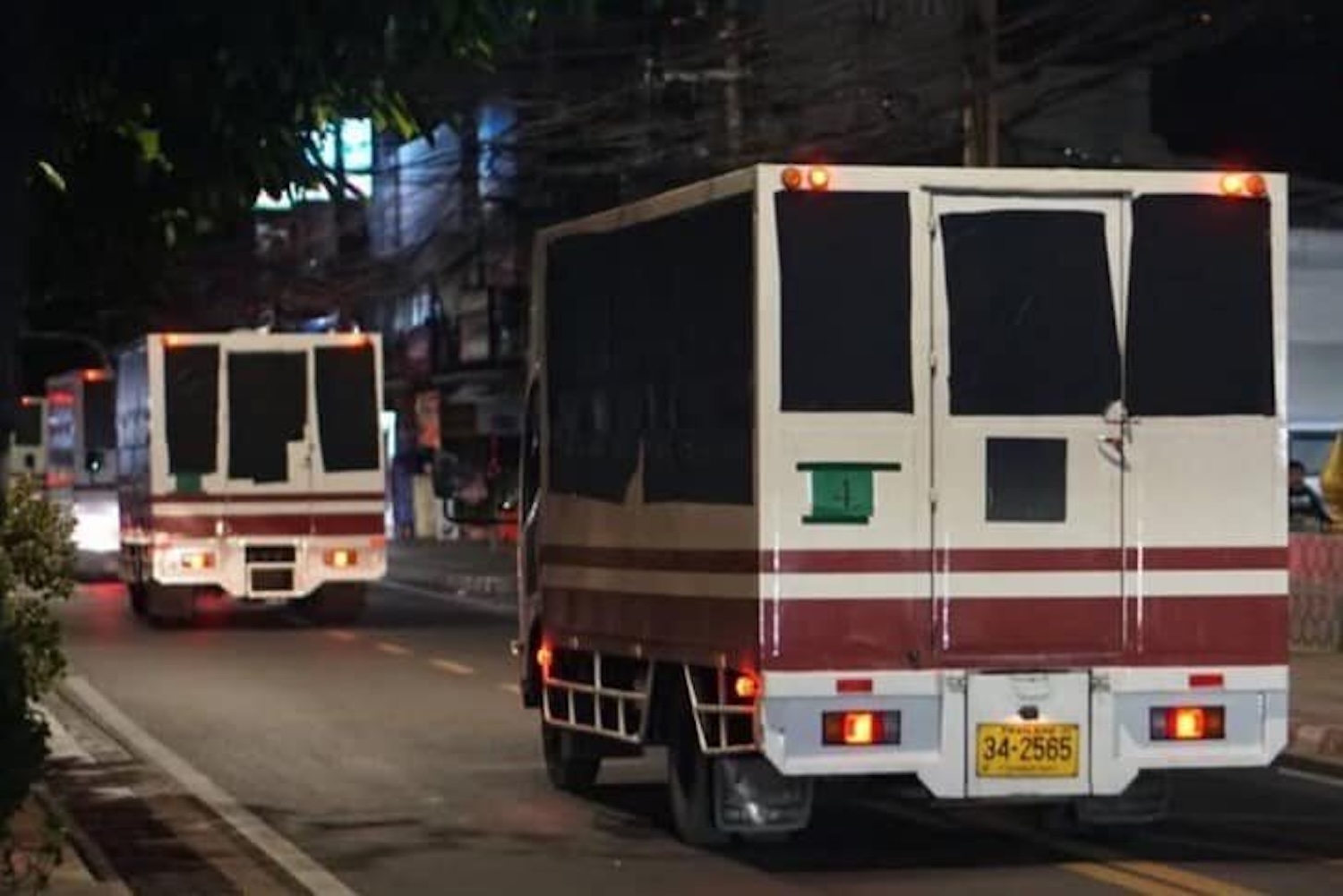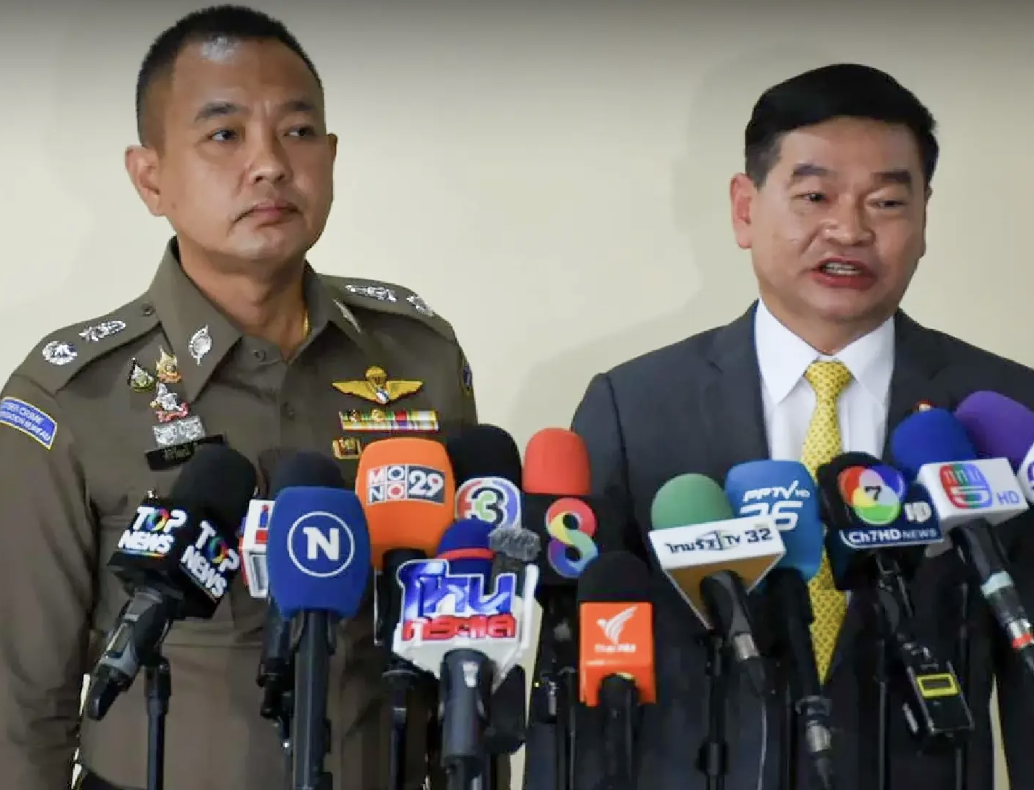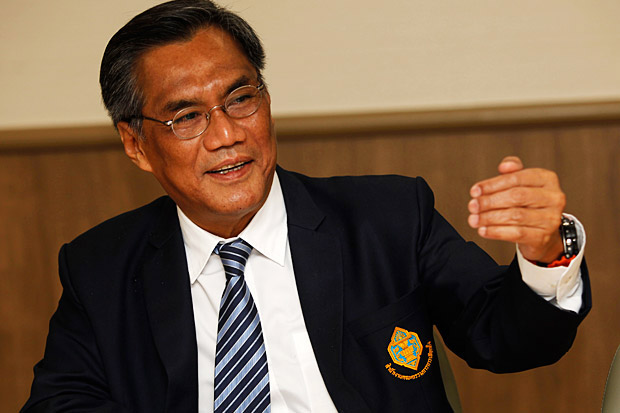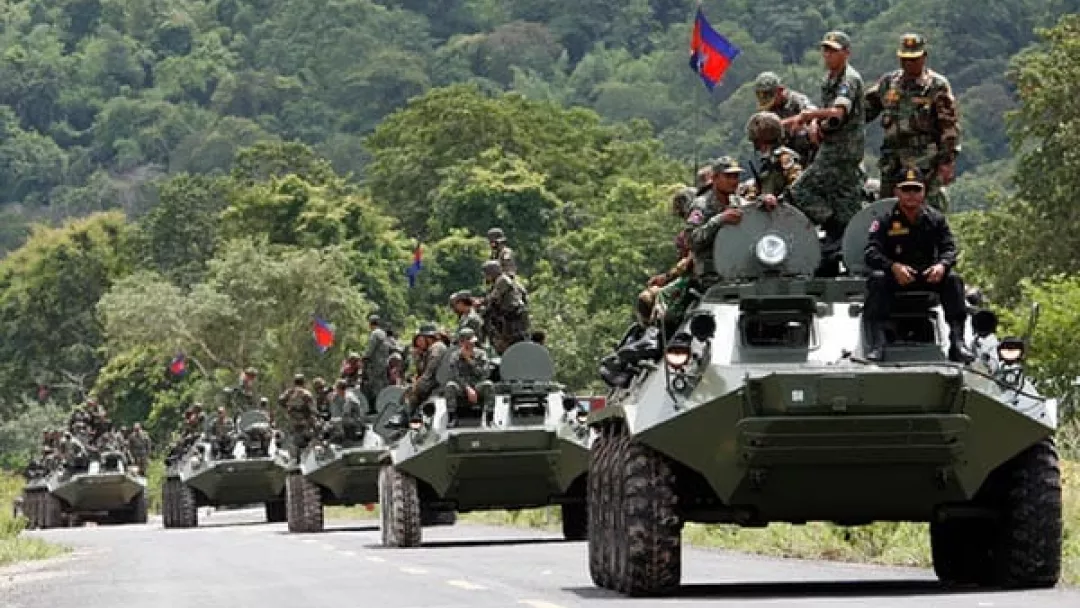Background and Current Situation
Human Rights Concerns
A group of Uyghur men has been detained in Thailand for over a decade, facing uncertain futures and significant human rights risks. These individuals were part of a larger group arrested near the Malaysian border in 2014. While some were deported to China in 2015, others remained in Thai detention facilities. The recent deportation of 40 Uyghurs to China has heightened concerns about their safety and potential persecution.
Legal and International Implications
Violations of International Law
The deportation of Uyghurs to China is seen as a violation of international law, particularly the principle of non-refoulement, which prohibits sending individuals back to countries where they may face persecution. Human rights organizations have criticized Thailand for this action, emphasizing the risks of torture, imprisonment, and enforced disappearance that Uyghurs face in China. The Thai government’s decision has sparked widespread condemnation from human rights activists and international bodies.
Detention Conditions and Advocacy
Living Conditions and Advocacy Efforts
The Uyghur detainees in Thailand have faced harsh conditions, including overcrowding, poor sanitation, and limited access to communication with the outside world. Advocates have urged the Thai government to allow the United Nations refugee agency to assess the detainees’ refugee status and facilitate their safe relocation to a third country. Despite these efforts, the situation remains unresolved, with many fearing for the safety of those still in detention.
Future Prospects and International Response
International Pressure and Potential Solutions
The international community continues to pressure Thailand to adhere to human rights standards and protect the remaining Uyghur detainees. The UNHCR and other organizations have called for the immediate release of these individuals and their relocation to safe countries. However, the Thai government’s stance remains unclear, with recent deportations indicating a willingness to cooperate with China despite international criticism. The fate of the remaining detainees hangs in the balance as diplomatic efforts and advocacy continue.








